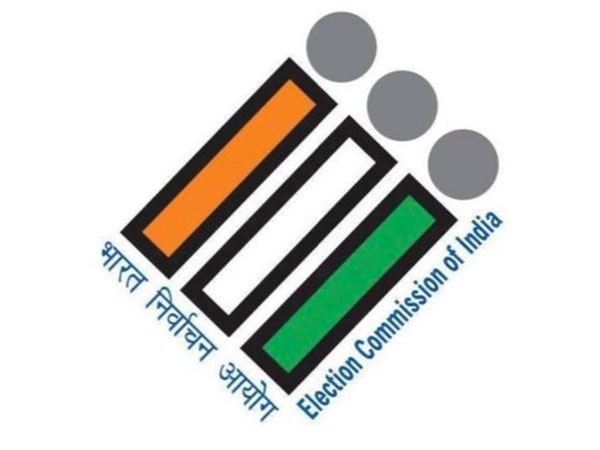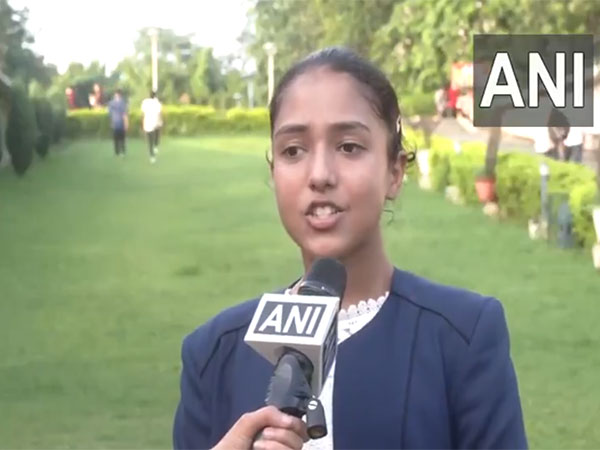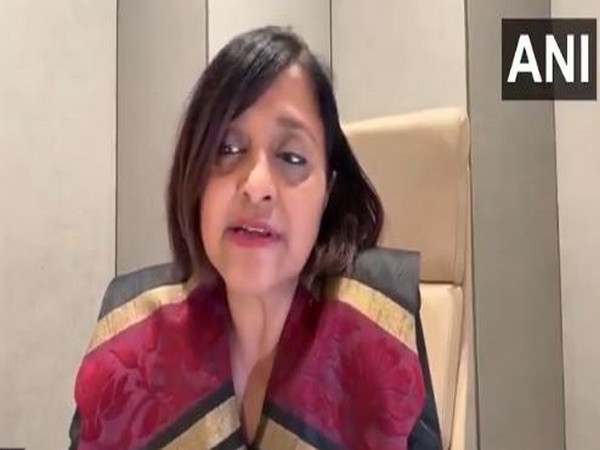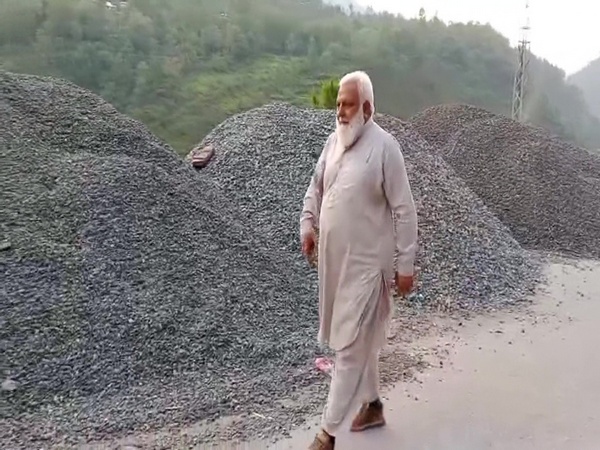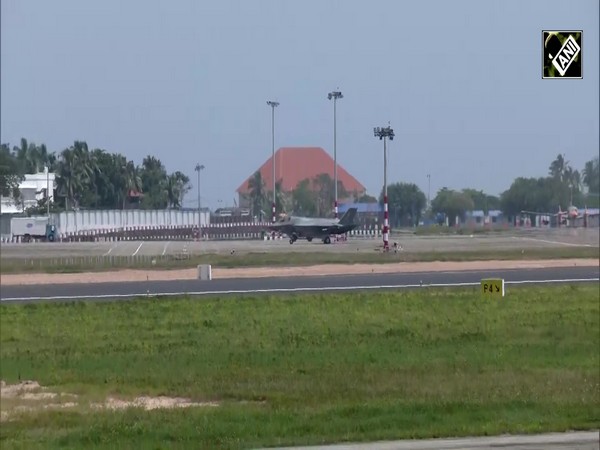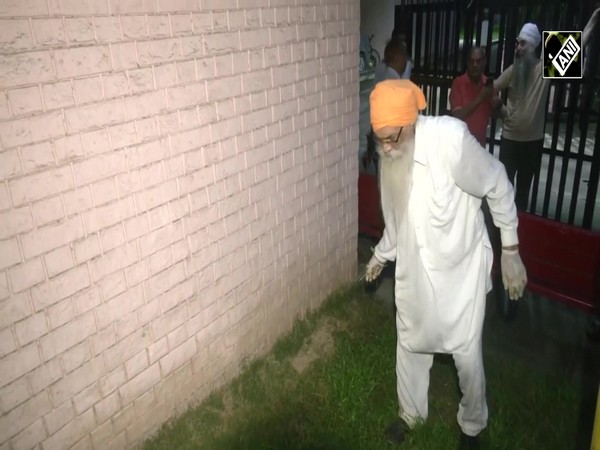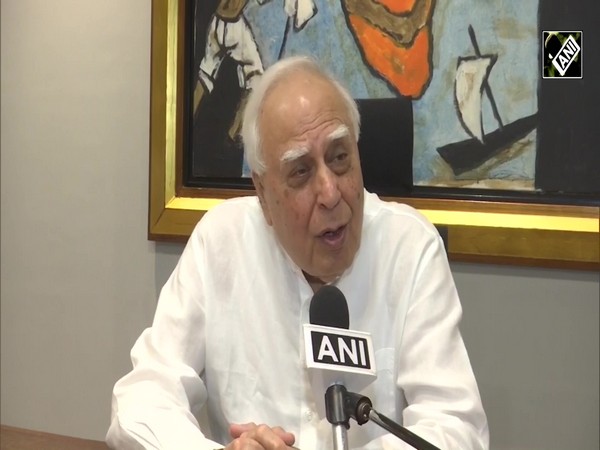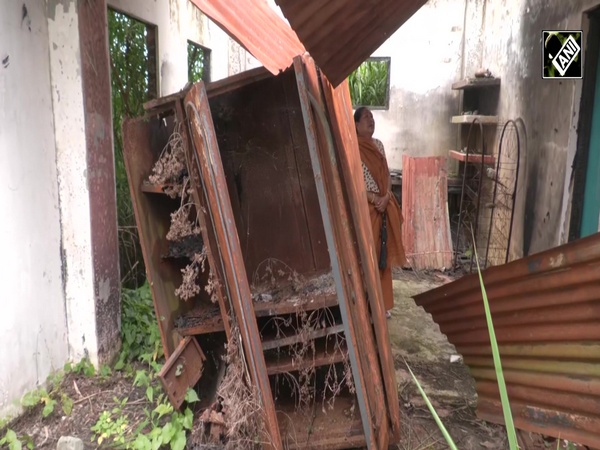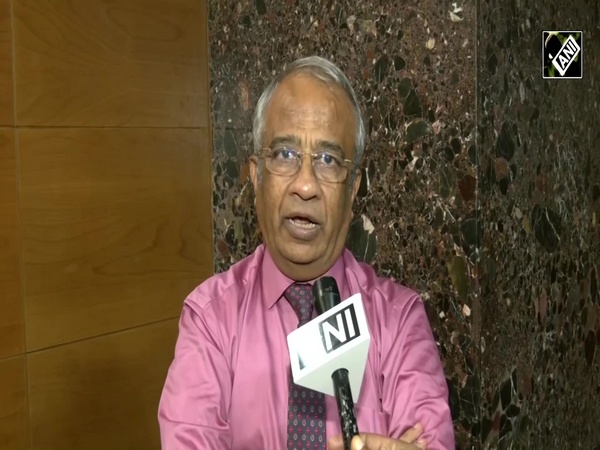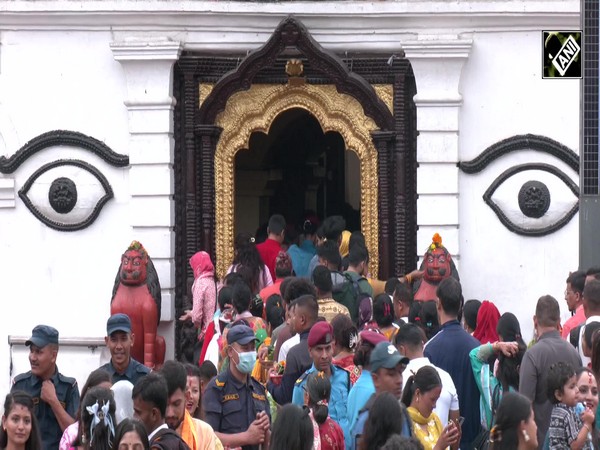Bills on Jan Vishwas, mines and minerals, forest conservation passed in Rajya Sabha
Aug 02, 2023

New Delhi [India], August 3 : Completing the legislative process and paving the way for the bills to become laws, the Rajya Sabha on Wednesday passed the Jan Vishwas (Amendment of Provisions) Bill, Mines and Minerals (Development and Regulation) Amendment Bill, and the Forest (Conservation) Amendment Bill, days after they were passed in the Lok Sabha.
Union Minister Piyush Goyal moved the Jan Vishwas (Amendment of Provisions) Bill, 2023 for its consideration and passage to amend certain enactments for decriminalising and rationalising offences to further enhance trust-based governance for ease of living and doing business. The Bill was passed by the Lok Sabha on July 27.
The Bill was first introduced in Lok Sabha on December 22 last year. Subsequently, it was referred to the Joint Committee of the Parliament.
The Joint Committee on the Jan Vishwas (Amendment of Provisions) Bill, 2022 held detailed discussions with all the 19 ministries and departments along with the Legislative Department and the Department of Legal Affairs. The Committee conducted a clause-by-clause examination of the Bill through a series of nine sittings between January 9 and February 17 this year.
The Committee finally adopted its report in its sitting held on March 13 this year.
Vishwas (Amendment of Provisions) Bill, 2023 and Mines and Minerals (Development and Regulation) Amendment Bill, 2023 were among three Bills listed for the legislative business in the Rajya Sabha for consideration and passage on Wednesday.
Besides the two Bills, Forest (Conservation) Amendment Bill, 2023 was also listed in the Upper House for its passage.
Through The Jan Vishwas (Amendment of Provisions) Bill, 2023, a total of 183 provisions are being proposed to be decriminalised in 42 Central Acts administered by 19 ministries and departments.
The Amendment Bill will contribute to rationalising criminal provisions and ensuring that citizens, businesses and government departments operate without fear of imprisonment for minor, technical or procedural defaults.
Rajya Sabha also passed a Bill for “reforms” in the mining sector, especially for increasing exploration and mining of critical minerals which are essential for economic development and national security in the country.
The Bill provides for a 50-year production lease for offshore minerals.
The Mines and Minerals (Development and Regulation) Amendment Bill, 2023 was passed with a voice vote in the absence of opposition party members who staged a walkout from the House over their demands related to the debate over ethnic violence hit Manipur.
Opposition members staged a walkout minutes after the debate started on the Bill.
Eleven members participated in the debate on the Bill that seeks amendment to the Mines and Minerals (Development and Regulation) Act, 1957. The Lok Sabha passed the bill on July 28. Speaking on the Bill, Minister of Coal and Mines Pralhad Joshi said the Act regulates the mining sector and the Bill is very important in view of the global scenario relating to the mining sector.
One of the major reforms proposed in the Bill is to introduce exploration licence for deep-seated and critical minerals. The exploration licence granted through auction shall permit the licencee to undertake reconnaissance and prospecting operations for critical and deep-seated minerals mentioned in the newly proposed Seventh Schedule to the Act.
The blocks explored by the exploration licence holder would be auctioned for mining lease within the prescribed timeline, which will fetch better revenue to the State Governments.
The exploration licence will be issued for 29 minerals specified in the Seventh Schedule. These include gold, silver, copper, cobalt, nickel, lead, potash, and rock phosphate. These also include six minerals classified as atomic minerals under the Act such as beryl and beryllium; lithium; niobium; titanium; tantallium, and zirconium. The Bill declassifies them as atomic minerals. Unlike other minerals, the prospecting and mining of atomic minerals is reserved for government entities under the Act.
The exploration licence will be granted by the state government through competitive bidding. The central government will prescribe details such as the manner of the auction, terms and conditions, and bidding parameters for exploration licences through rules.
The bill provides that an exploration licence will be issued for five years. A licencee may request for an extension of up to two years by making an application to the state government. The application may be made after three years of issuance of the licence but before its expiry.
The Bill adds that an auction for composite licences and mining leases for specified critical and strategic minerals will be conducted by the central government. These minerals include lithium, cobalt, nickel, phosphate, potash, tin, phosphate, and potash. However, concessions will still be granted by the state government.
The Bill allows activities under a single exploration licence in an area of up to 1,000 square kilometres. After the first three years, the licencee will be allowed to retain up to 25 per cent of the originally authorised area. The licencee must also submit a report to the state government stating reasons for retention of the area.
The Forest (Conservation) Amendment Bill exempts certain categories of land from the purview of forest conservation laws to fast-track projects of national importance.
The bill exempts from the purview of the forest conservation laws, land within 100 km of border areas, which is essential for national security projects, or are small roadside amenities, and public roads leading to habitation.
It also exempts land up to 10 hectares proposed to be used for constructing security-related infrastructure, or the land proposed to be used for constructing defence-related projects, camps for paramilitary forces, or public utility projects.
However, the Upper House witnessed disruptions as Opposition members of the I.N.D.I.A bloc staged a walkout from Rajya Sabha over their demands for discussion on Manipur violence under Rule 267 and a statement from Prime Minister Narendra Modi. Soon after the House met for the day, Chairman Jagdeep Dhankhar said that the debate on Manipur violence under Rule 176 will not be restricted to 2.5 hours.
